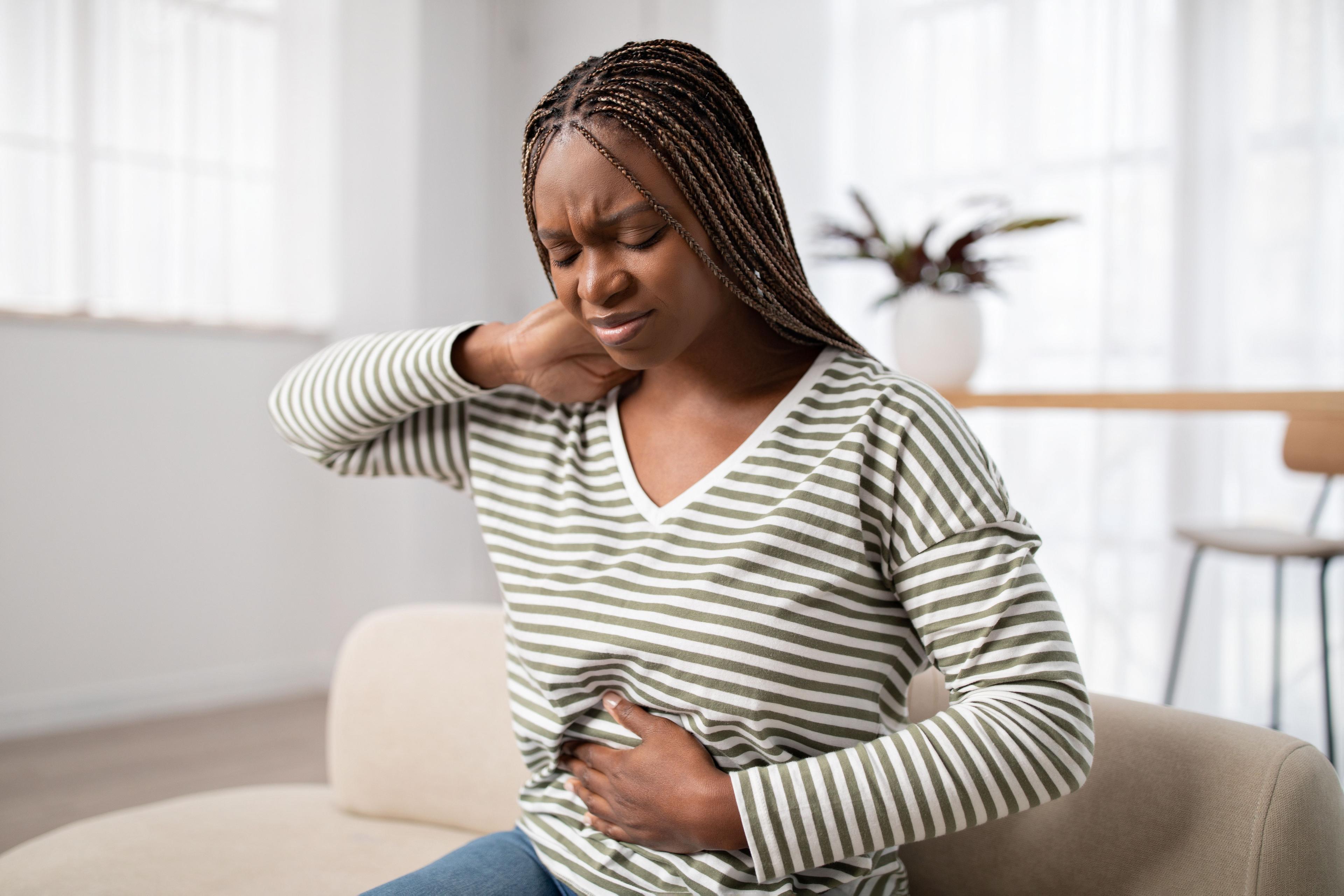Everyone experiences ovulation differently.
Some women complain of abdominal pains and nausea, while others feel perfectly okay during the ovulation period. However, it is worth noting that feeling unwell during ovulation is completely normal and can happen to just about anyone in the child-bearing age.
What is Ovulation?
Ovulation is a term used to describe the release of a mature egg (ovum) from the ovary. It is a part of the menstrual cycle and plays a major (with a capital M) role in pregnancy.
About 14 days before menstruation, mature eggs called the ovum, or oocyte are released into the fallopian tube, awaiting fertilization. This period correlates with your fertile window (which is five days before ovulation and the day of ovulation itself). If the egg is fertilized by a sperm, a zygote is formed and yes you guessed right, a baby is on the way.
However, if fertilization doesn't occur within 12 to 24 hours, the egg disintegrates and is shed from the body.
Ovulation usually happens once every month and can last for 12 to 48 hours.
During this period, you might notice some symptoms like:
- Pain: Pain in ovulation, also called (mittelschmerz) is a fairly common symptom. At least 40% of women complain of mild to severe abdominal discomfort during the midpoint of their menstrual cycle. The pain is usually felt on the lower right or left abdomen and is often described as a dull cramp, or sharp and sudden twinge.
- Changes in basal body temperature: Basal body temperature(BBT) is referred to as your temperature when you are at rest. Your BBT usually fluctuates during ovulation due to changes in the hormones; estrogen and progesterone.
- Tender breasts: The breasts are very sensitive to hormonal changes, which is why they get sore and tender during ovulation. These hormonal changes may also trigger nipple pain.
Bloating: If you find yourself feeling bloated just before your period, you're not alone. Bloating is usually a result of changes in the hormone, estrogen, and it is totally normal.
Does Ovulation Make You Feel Sick?
The surge of the hormones, estrogen and progesterone, causes women to feel unwell or nauseous. Some women might also feel this way because of the pain they get from ovulation, referred to as mittelschmerz, and the change in their basal body temperature.
Usually, this feeling goes away on its own, but you can speed up the process by taking antiemetic medication and over-the-counter painkillers like ibuprofen.
You should also note that fertility drugs, anti-inflammatory drugs, and oily and spicy foods may increase the likelihood of feeling nauseous around ovulation. If you experience any of these symptoms, speak to a doctor on North about your symptoms.
